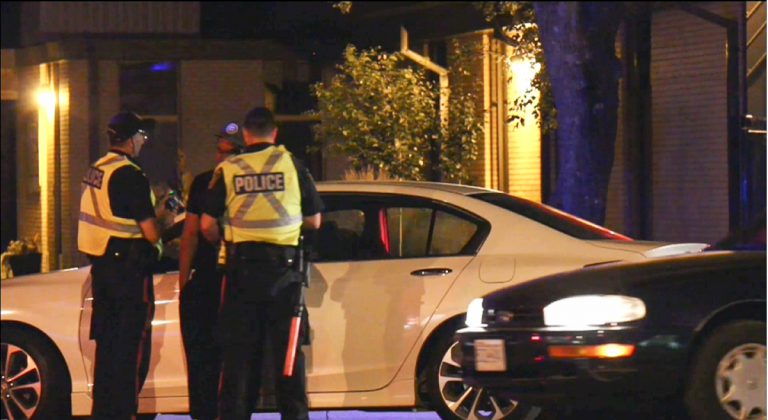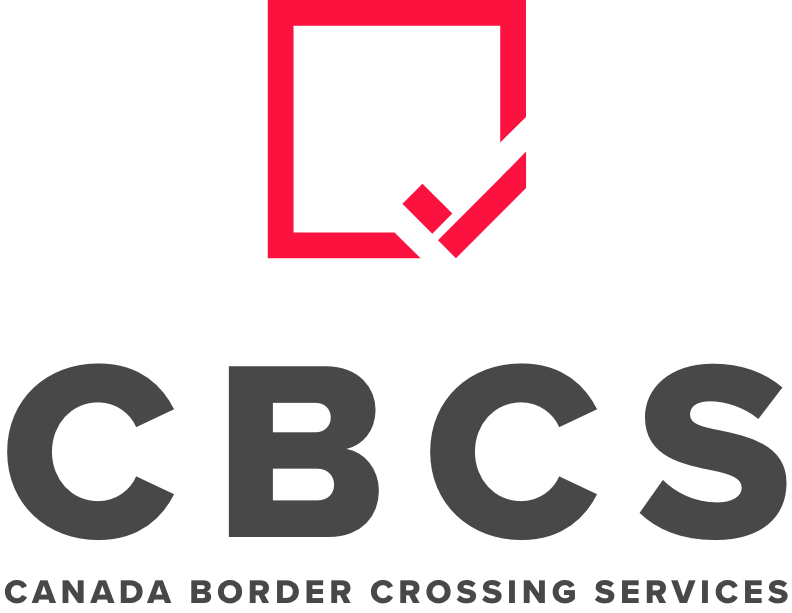
Yes, even a first DUI (Driving Under the Influence) conviction not causing bodily harm can potentially prevent entry into Canada, even if it isn’t considered a serious offense in your state. Canada has strict rules regarding the entry of individuals with criminal records, including convictions for impaired driving offenses. The maximum penalty for a DUI in Canada is up to 10 years in prison.
Canadian border crossing eligibility depends on the seriousness of a DUI conviction based on Canadian laws and not U.S. laws.
One DUI Will Prevent Entry to Canada
In Canada, a DUI is considered a serious criminal offense, and individuals with such convictions may be deemed criminally inadmissible. This means they may be denied entry into the country. The Canadian border authorities have access to a comprehensive database that includes criminal records from various countries, including the United States. Lying to a border guard is not a smart option and can result in a border crossing ban.
Inadmissibility to Canada due to a DUI conviction can be overcome.
How To Enter Canada with A DUI: Temporary Resident Permit (TRP)
However, there are ways to overcome inadmissibility, such as applying for rehabilitation or obtaining a Temporary Resident Permit (TRP). Rehabilitation is a process where you demonstrate that you have been rehabilitated and are unlikely to commit further offenses. A TRP is a temporary solution that allows individuals with criminal records to enter Canada for a specific purpose and duration.
Consulting with an immigration consultant/lawyer or contacting the Canadian embassy can provide you with up-to-date accurate information tailored to your specific situation.
Get Started: Free Private Consultation
Mitch Jessiman is a Canadian certified immigration consultant holding the title Regulated Canadian Immigration Consultants. Mitch has a decade of experience helping Americans overcome border crossing difficulties for both work and travel. He provides free private consultations by phone or email to help assess each individual’s situation. Mitch is available 8:30 A.M. to 3:30 P.M. Monday to Friday by calling either (204) 488-6350 or 1-800-438-7020. You may also send a message through the form on this page. Thank you.






